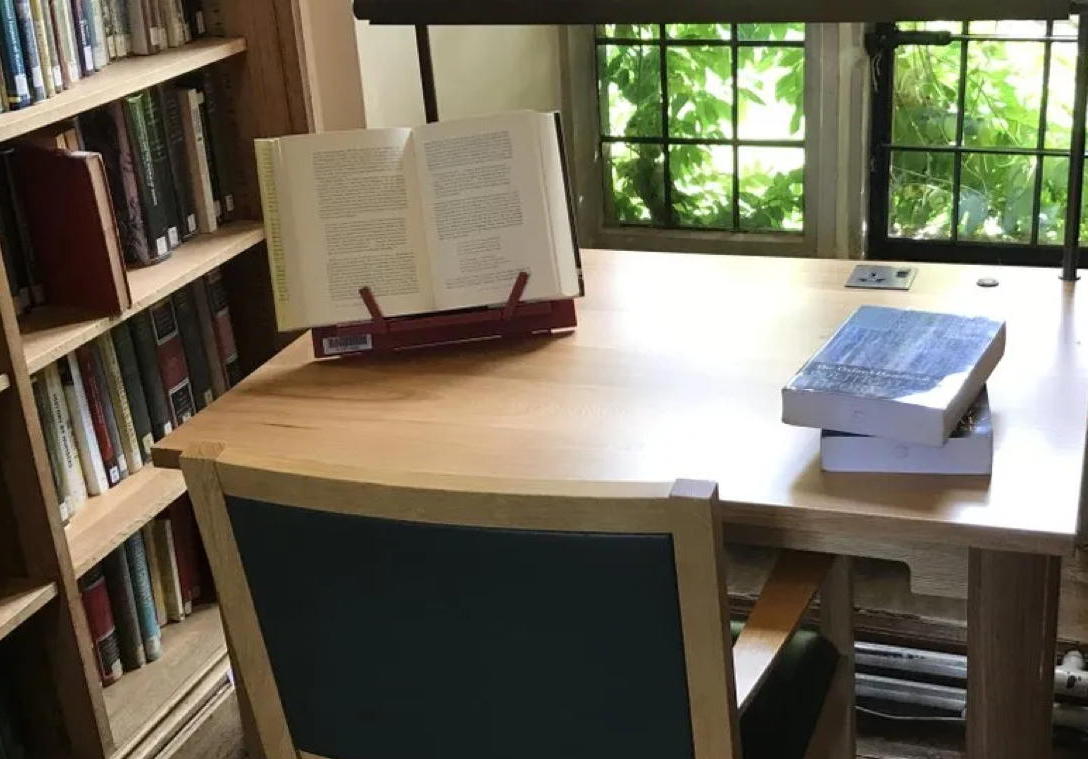Unprecedented Times
Daily life in the 21st Century is revealing itself to contain all the intensity of an extreme sport, but with a relentless urgency that keeps us in a state of hyper-vigilance and attention fatigue. Like the ”Roaring Twenties” a hundred years ago, we are again in the midst of a decade of intense social unrest, polarization, struggles for power not only political but also literally over irreplaceable vs renewable resources. Vast populations are either drowning in ever-more absurd excesses, trapped in purposeless forced marches in exploitative systems, or literally running for their lives. Disenfranchised populations starve with effects of climate change, and the stability of the biosphere’s entire ecosystem teeters on the brink of collapse.
The phrase, “unprecedented times,” so overused by journalists and politicians, tempts responses ranging from panic to despair, making us vulnerable to being herded into distractions, stampedes, border disputes and imperialistic wars. Throughout history, we have faced catastrophic events, pogroms, plagues, inquisitions and crusades. What has changed in our lifetime is the globalized nature of the experience. Viruses, either biological or conceptual, now have the means to circumvent the Earth in record time and wreak global, perhaps irreparable, damage.
Tragically, in Israel, yet another piece of history now threatens to repeat itself among the Jewish people. In 70 CE, during the final months of struggle with the Romans leading up to the destruction of the Second Temple, there was in-fighting among the Jews as well. Some wanted to negotiate a compromise with the Romans, and others wanted to “stand their ground” and fight to the bitter end.
Rabban Yohanan ben Zakkai (The RIBAZ) was in favor of a peaceful solution. But he recognized that, without a unified front, the Jews were defeating themselves. RIBAZ saw the situation for what it was and took action. But rather than siding with either compromise or conflict, he chose a different path.
With RIBAZ lying in a casket, two of his students assumed the role of pall-bearers and were able to trick Roman guards into letting them through the gates and out of the city, ostensibly to bury their dead before nightfall. Then, in an act of incredible courage, instead of escaping the doomed city and saving themselves, the three went directly to the Roman Commandant.
The RIBAZ emerged from his coffin in the presence of Commander Vespasian, himself, and successfully negotiated a place for the Jews in Yavne where they could found a school.
After the destruction of the Temple, the school was converted into a religious center, and provided the Sanhedrin with a location in which to convene and, in time, to incubate a portable future for the Jewish people, and with it the beginning of the Rabbinic Period.
Could Judaism have survived without the vision and peaceful, strategic action of Rabban Yohannan? Perhaps. But it is thanks to his pragmatism and ability to find a way to transplant the very essence of Judaism even amidst the heartbreaking tragedy of death and destruction that we have survived with a shared narrative and code of conduct.
As we face the realities of climate change, habitat destruction and wars that never seem to end, looking to the story of Rabban Yohanan ben Zakkai can be for us now a source of inspiration. A saying attributed to RIBAZ is often used at Tu B’Shevat Seders, which goes like this. “If you have a sapling in your hand and someone tells you the Messiah has arrived, first plant the sapling and then go out to welcome the Messiah.” (Avot d’Rabbi Natan B31.)
Each of us has our share of “saplings” in the form of resources: knowledge, relationships, properties, financial privilege, tools of various kinds. We are incredibly blessed to have one another in a closely knit community, which is, in itself, one of our most precious assets. Throughout time the Jewish people have survived because of the suitcase-ready tradition that was carried out of the crumbling infrastructure of Yerushalayim in 70 CE. As we again face turbulent times and an uncertain future, may we each keep in mind that which is most precious to us, and, even if circumstance rips the very suitcase from our hands, may that which we hold most dear continue to reside in our hearts.
This, too, takes a Village.

